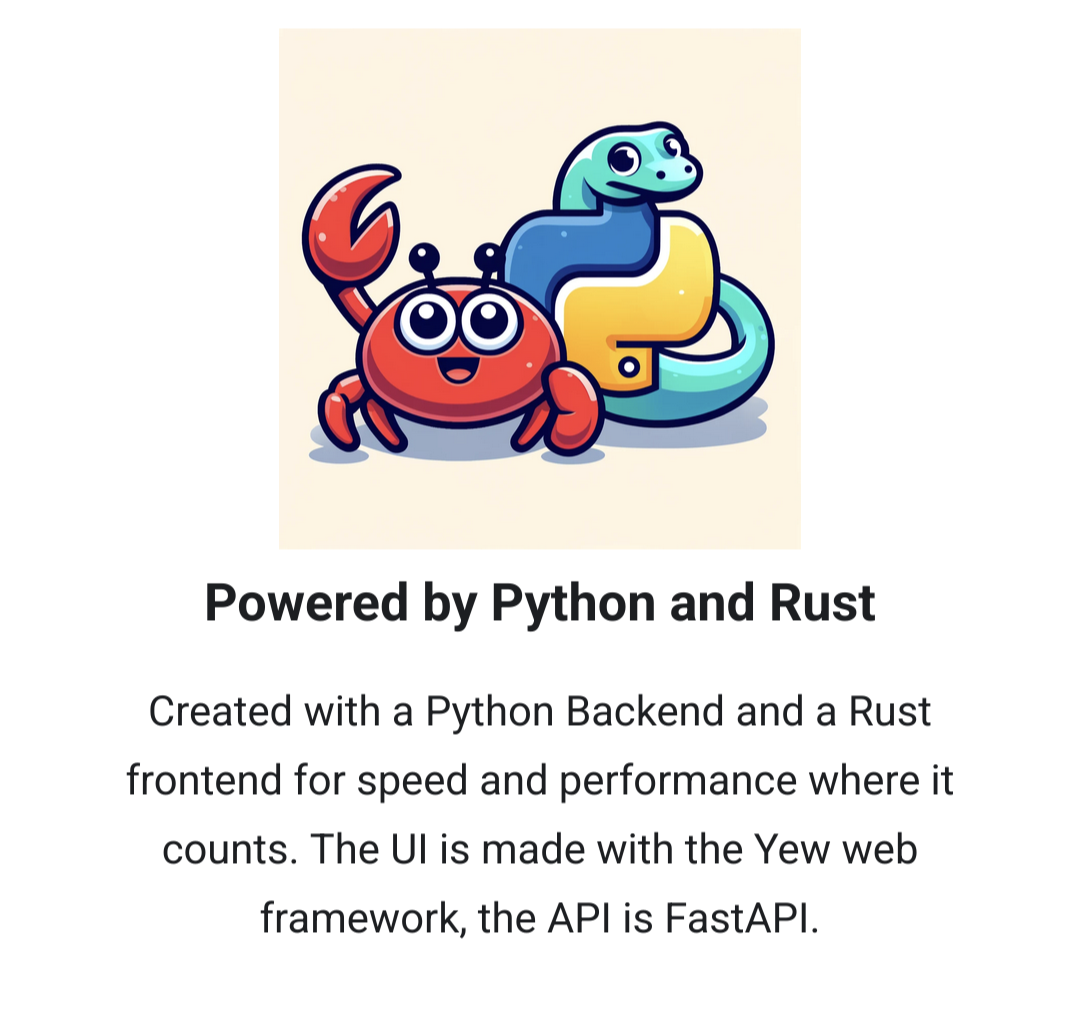

This looks exciting. I hope the transition goes well.
I would say to get automated backups running on the first few before you do them all. Thats a luxury we get “for free” with cloud services.
Note on firefly iii. I use it because I’ve been using it, but after using it for 4ish years, I dont really recommend it. The way I use it anyway, I think inserting data could be easier (I do it manually on purpose) and the graphs/visualizations I also wish were better. My experience with search functionality is also sub par. I would look at other alternatives as well, but I think its still better than not tracking finances at all. But I wonder if using a database client to insert data and python scripts or grafana to analyze the data would be better for me…YMMV
Good luck!



For people who didnt understand the phrase like myself: https://en.wikipedia.org/wiki/Thin_blue_line?wprov=sfla1